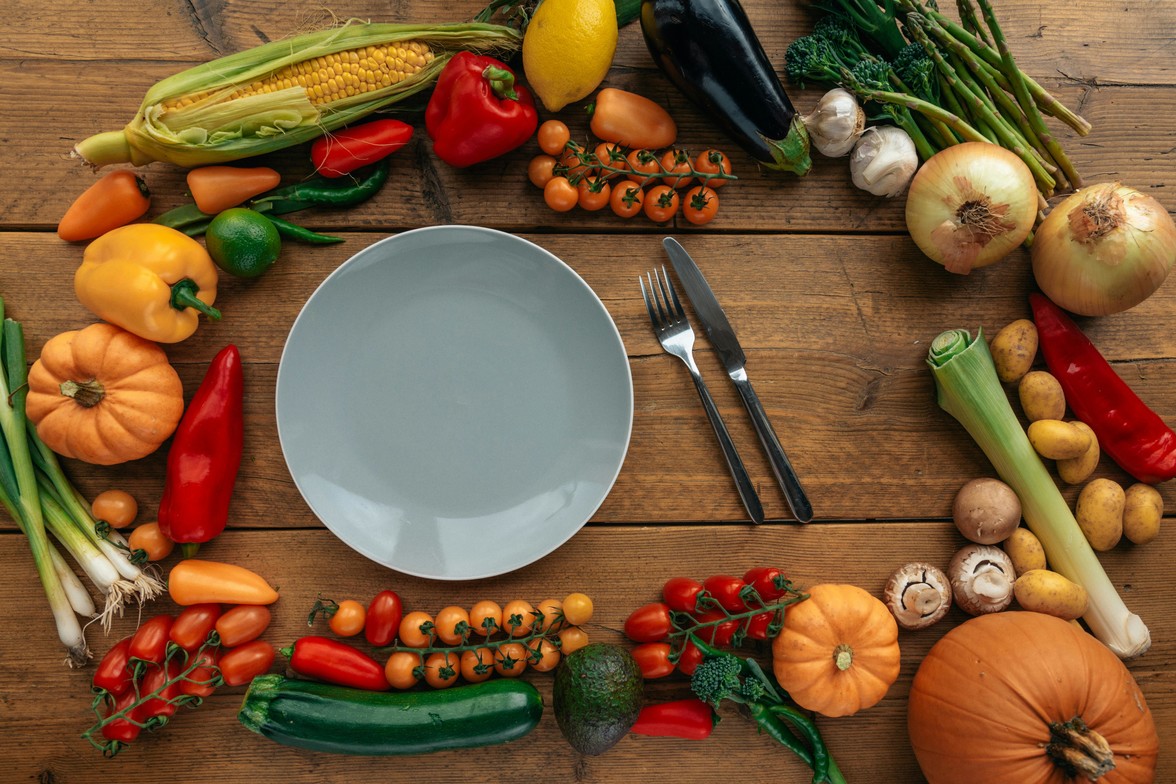During the winter months, food becomes even more important, not only for warmth but also for maintaining energy, boosting immunity, and supporting overall health. Here are some nutritious and warming foods to enjoy that can serve as "medicine" for your body:
1. Root Vegetables
Root vegetables like sweet potatoes, carrots, turnips, and parsnips are rich in vitamins and fiber, which can support digestion and immune function. They’re also warming and hearty, making them perfect for comforting soups, stews, or roasted dishes.
2. Winter Squash
Butternut, acorn, and spaghetti squash are packed with vitamin A, antioxidants, and fiber. They can be roasted, pureed into soups, or used in casseroles. Their natural sweetness pairs well with warming spices like cinnamon and nutmeg.
3. Leafy Greens
While greens like kale, collard greens, and spinach might be more commonly associated with spring, they thrive in the cooler months. They're rich in iron, calcium, and vitamins A and C, which are all vital for boosting your immune system during winter.
4. Citrus Fruits
Oranges, grapefruits, lemons, and limes are packed with vitamin C, which is essential for boosting the immune system. Eating citrus helps to fend off colds and flu, and their tangy flavor can brighten up any winter meal.
5. Broth-Based Soups
A warm, nutrient-rich soup is a classic winter food, and it's an excellent way to nourish your body. Broth-based soups made with bone broth or vegetable stock can support digestion, boost the immune system, and keep you hydrated. Add vegetables, legumes, and whole grains for added nutrition.
6. Legumes and Beans
Lentils, chickpeas, black beans, and kidney beans are great sources of protein, fiber, and iron. They provide a hearty, warming base for soups, stews, and casseroles, and help maintain steady energy levels through the day.
7. Ginger and Turmeric
Both ginger and turmeric are natural anti-inflammatories, which can help reduce the discomfort of cold weather aches. You can drink them in teas, add them to smoothies, or incorporate them into savory dishes. They also aid digestion and help to clear sinuses.
8. Nuts and Seeds
Almonds, walnuts, chia seeds, and flaxseeds are high in healthy fats, protein, and omega-3 fatty acids. These nutrients support brain function, heart health, and provide long-lasting energy during the colder months. They’re also great in oatmeal or as snacks.
9. Oats
Oats are an ideal choice for winter breakfasts. Because it is full of fiber, oats help with digestion and keep you feeling full throughout the morning. Add fruits, nuts, and spices like cinnamon to make a warming, nourishing meal. If you have gluten sensitivity, choose gluten free steel-cut oats that were processed in a facility away from gluten (wheat, barley, rye) to avoid cross contamination.
10. Fermented Foods
Kimchi, sauerkraut, kefir, and yogurt can help support gut health, which is especially important in the winter when colds and flu can compromise your immune system. Fermented foods are rich in probiotics that promote good bacteria in your digestive system.
11. Chilies and Spices
Chili peppers, cumin, and paprika are great for adding heat to your meals and stimulating blood circulation, which helps keep your body warm. Spices like cinnamon and cloves also provide a warming effect and are rich in antioxidants.
12. Bone Broth
Bone broth is not only comforting but packed with minerals like calcium, magnesium, and phosphorus, which are great for maintaining strong bones and joints, especially in colder months when we tend to stay indoors more.
13. Cabbage and Brussels Sprouts
These winter vegetables are excellent sources of vitamins C and K, and their high fiber content helps to keep the digestive system running smoothly. Roasted Brussels sprouts or sautéed cabbage with garlic can be delicious side dishes.
14. Dark Chocolate
A small amount of dark chocolate (70% cocoa or higher) can be a healthy winter treat. It is rich in antioxidants and magnesium, which can help lift your mood and fight off stress during the shorter, darker days.
Incorporating these foods into your winter diet can help your body stay warm, strong, and nourished. Whether you're sipping a bowl of soup, enjoying a warm stew, or snacking on citrus, you're not only eating for comfort but also feeding your body the nutrients it needs to stay healthy through the colder months.
If you have any questions, please reach out (click Contact) at the bottom of the page or send a message (click Contact Me) at the bottom of this article and our office will get back to you!

Dr. Castillo, NMD, MSTOM, LAc, Dipl
Contact Me





.jpg)
